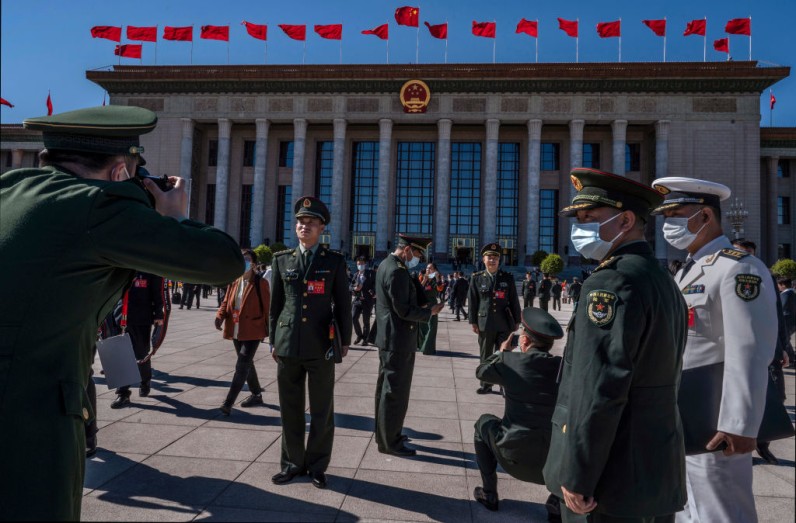The United States (US) on Wednesday expanded the list of Chinese tech companies it accuses of working with the military of China.
According to Reuters, the US Defense Department added more than a dozen Chinese companies to its so-called Section 1260H list. The move is reportedly part of a broader effort to keep US technology from aiding China.

More Chinese Companies Added to US Defense Department's Section 1260H List
Bloomberg reported that China's leading memory chipmaker, Yangtze Memory Technologies Co., and facial-recognition firm Megvii Technology Ltd. were added to the Defense Department's Section 1260H list.
The 1260H reportedly restricts access to some US defense contracts. The list already included major players in telecommunications and aerospace, including Huawei Technologies Co. and Semiconductor Manufacturing International Corp. (SMIC), two companies at the center of China's efforts to replace US technology.
Also added to the latest list were Advanced Micro-Fabrication Equipment Inc., a key supplier of gear for chip production, lidar maker Hesai Technology, tech company NetPosa, and IDG Capital, a private equity and venture capital investor that has supported some of the highest-profile startups.
The Pentagon also flagged China Three Gorges Corp., which handles clean energy projects in China and 20 other nations.
READ NEXT : China Unveils New Strategy to Turn Hi-Tech Lab Innovations Into Globally Competitive Products
China Reacts on the US Move
Amid strained ties between the US and China, the updated list is one of many actions the US has taken in recent years to restrict Chinese companies that Washington said may strengthen Beijing's military.
Asked about the latest move of the US, a spokesperson for the Chinese embassy in Washington told Reuters that Beijing opposed the move that unreasonably suppressed Chinese firms and called it an abuse of state power.
The spokesperson added that it violates the essence of market competition and international economic and trade rules that could also harm the "interests of US firms and investors."







Join the Conversation